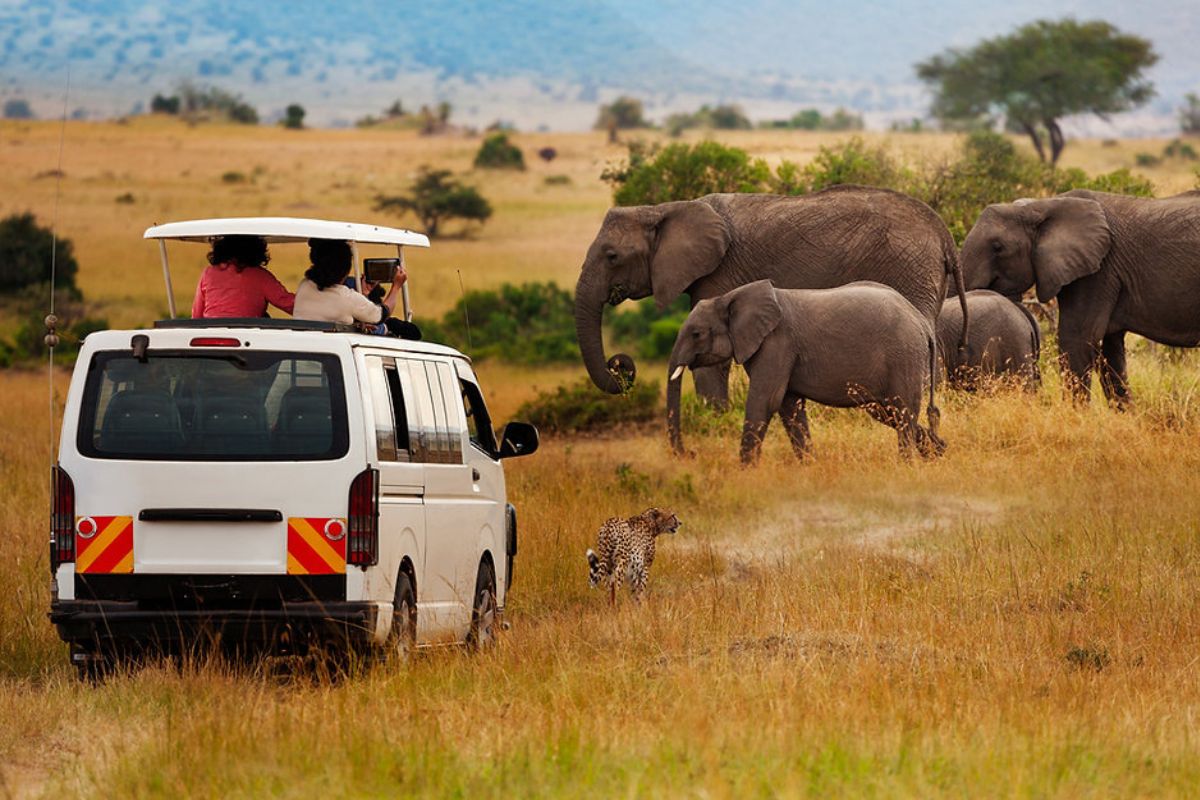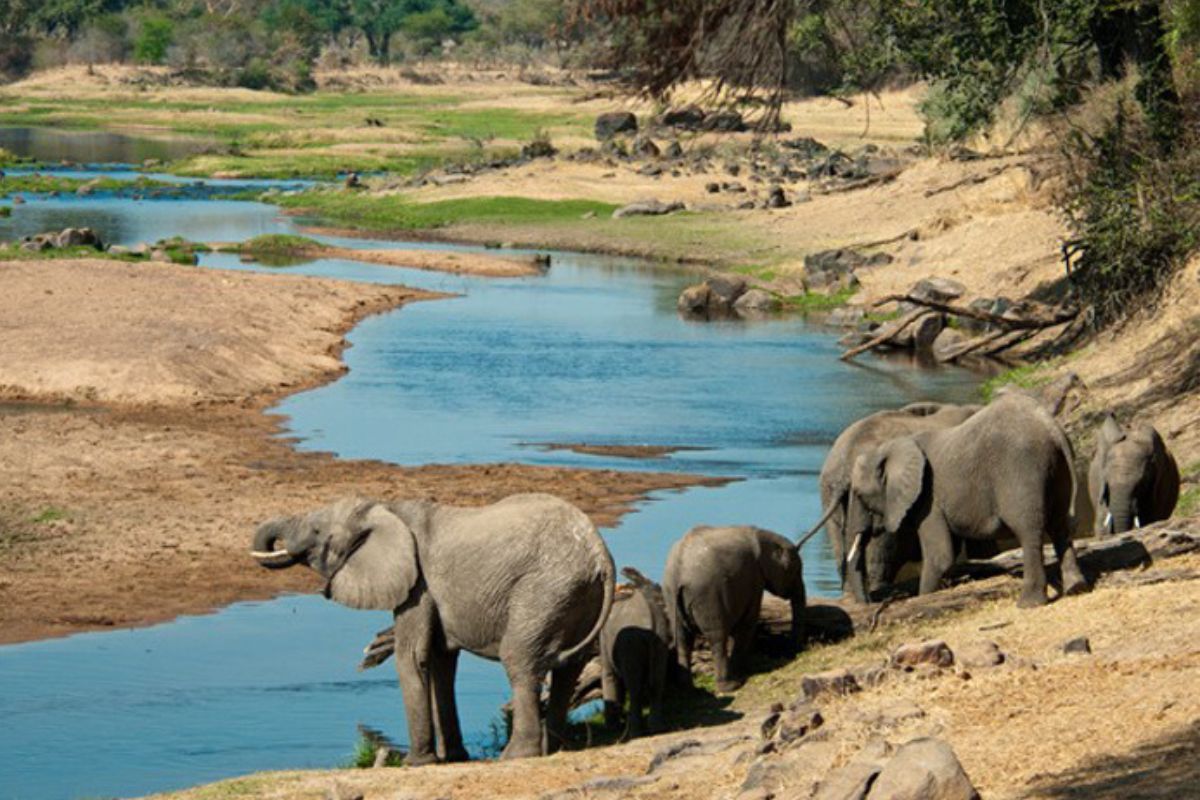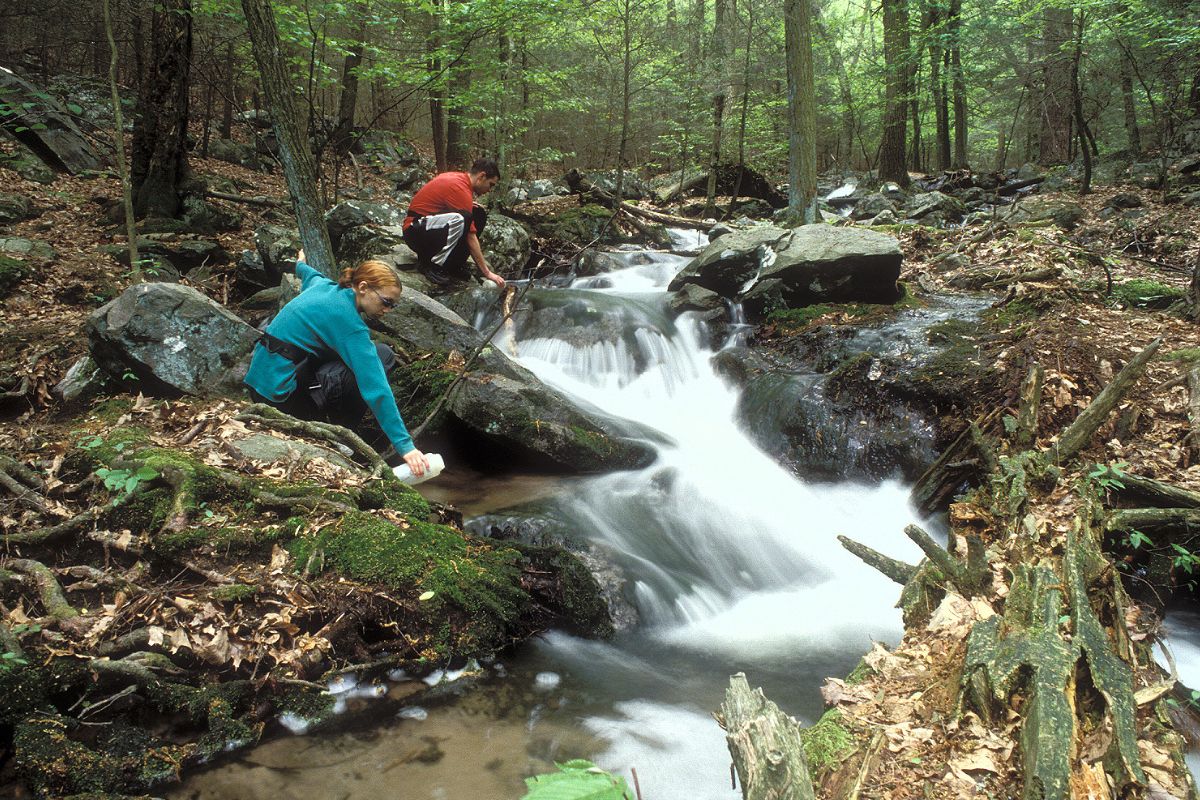From an exciting world that possesses a large number of wildlife species to a diverse indigenous color with liberal ethnic groups, tribes, and majestic natural scenery, all make up the strength of sucking the power of Africa’s arid lands. In order to enjoy the beauty of Africa in the best way possible, you should pack some great survival tips suggested by Wanderlust Tips USA when you arrive at African off-the-beaten-track destinations.

Photo: Adventure Coordinators
Africa is renowned for its aridity and many unique destinations that are challenging to seek out on other continents. Known as the only continent that owns more than 40 large nature reserves with a massive number of rare wildlife species, enjoying the beauty of Africa is something that any “moving foot” longs to visit. Not as lavish and splendid as countries filled with magnificent neon lights, the black continent is also a land of rich vegetation and diverse cultural identities.
Due to the unfavorable terrain for resort tourism and the fact that a lot of tourist attractions are still quite desolate, Africa is chosen as the perfect paradise for those who are big fans of adventure travel. To be able to “safely venture” into the dark continent, it is necessary to learn more useful tips and strengthen your survival skills.
One of the most fundamental things tourists should be thoughtful about is getting lost. It is difficult to find an obvious direction while learning about interesting spots in Africa’s wild nature. Unless you master the tricks below, you may encounter tons of difficulties and disadvantages.

Photo: Elevate Destinations
Disguise as locals where you want to go
Researching information until you really have a grasp of where you are about to visit, like a local, is extremely necessary. This is considered the first step on any expedition to Africa. For example, if you are about to travel to Blyde River Canyon, you can find out online or get a map of the area and bring that map with you throughout the journey, which will help you avoid the risk of getting lost. Furthermore, acquiring knowledge about the flora and fauna (such as which plants are edible and which dangerous animal habitats to avoid) in the area is also crucial.
Inform relatives about where you are going
Before each trip, there is a need to make sure that your stomach is fully fed and the relatives around you know where you are planning to go as well as the expected time of travel. At least if you get lost in the deep forest, someone can be aware and call the police for rescue.
Carrying must-have items during the trip
Being well-prepared is known as a key factor in helping limit unexpected circumstances. There are some tools and equipment to help you survive, especially in the forest, such as a knife, steel wire, whistle, space blanket (thin and light but keeps warm very well), reflector, lighter, matches in a waterproof box, compass, etc. Don’t forget your first aid kit and medicine because you can’t predict anything in the strange areas.
Enhance your survival skills properly
– Stay calm: In order to survive in a strange place, especially in deserted spots when lost, it is essential to be calm and consider the situation so you can help yourself to survive and get help quickly. Panic will not bring you any solutions; by contrast, it will make you lose strength, be mentally unstable, and be in more danger. When you realize you are lost, the first thing to do is stop, take a deep breath, and stay calm.
– Determine direction: If you have a compass, things may be easier when finding your way out of the forest before it gets dark. In unfortunate cases, try climbing up a tree or rock as high as you can and looking around carefully. If you see any signs of human life, such as towers, fields, smoke, houses, or trails, it will help you decide which direction you should go.
– Limit movement: If you feel tired and exhausted, the best way is to sit and stay healthy. This method not only helps you limit the amount of water and food you need to take into your body, but it also gives you a high chance of being found.
– Protect your body: Remember to protect your skin by letting go of your sleeves, wearing long pants, and covering your face to avoid being bitten by insects. Treat the wound as soon as possible to avoid infection for a long time.

Photo: Outward Bound

